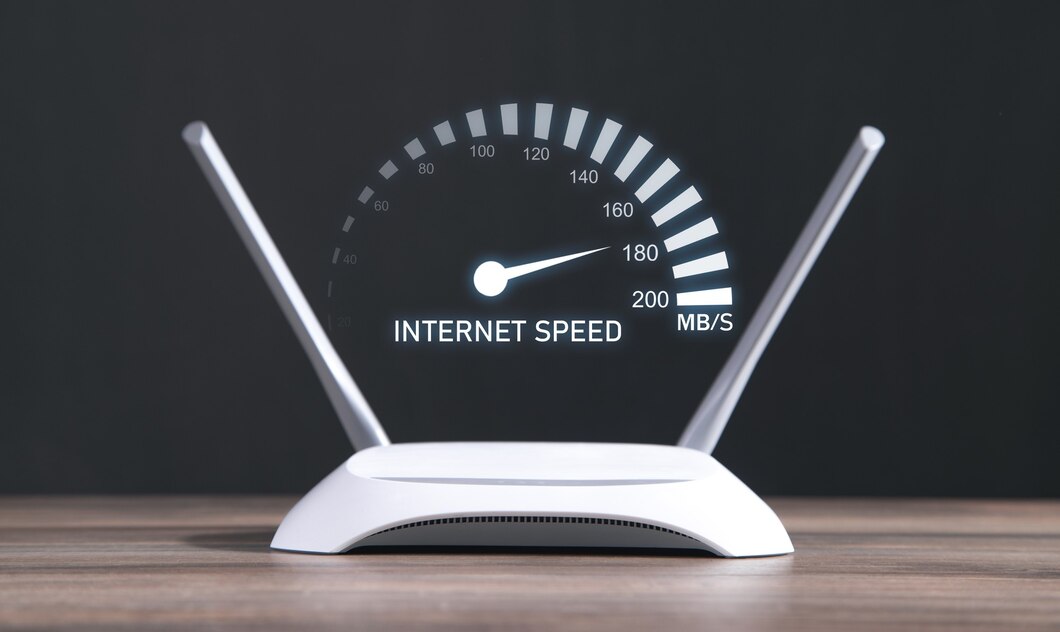What Is Upload Speed and Why Does It Matter for Streaming?
When streaming on platforms like Twitch, YouTube, or social media, upload speed is crucial for ensuring smooth broadcasts. It determines how quickly your video and audio reach viewers, affecting the quality of the stream. A slow upload speed can lead to buffering, pixelated video, audio-video sync issues, or disconnections.
“Upload speed is the rate at which data is sent from your device to the internet, and it plays a crucial role in ensuring smooth, high-quality streaming, especially for live broadcasts and video calls.”.
– Ram Mohan
What Is Internet Speed and What Does a Router Do?
Upload speed refers to the rate at which data is sent from your device to the internet, impacting the smooth delivery of content to your audience. Unlike download speed, which affects receiving content, upload speed ensures your stream reaches viewers in real time without interruptions
Effects of Slow Upload Speed on Streaming:
- Buffering or lag for viewers
- Pixelated or low-resolution video
- Audio and video sync issues
- Unexpected disconnections or dropped frames
Recommended Upload Speeds for Different Streaming Qualities:
Factors Affecting Streaming Quality
Beyond upload speed, several factors influence streaming performance
● Internet Stability: A fluctuating connection can cause interruptions.
● Bandwidth Sharing: Multiple devices using the internet may reduce upload speed.
● Encoding Settings: Higher bitrates improve quality but require more upload speed.
● Platform Limitations: Different platforms have varying upload speed requirements.commendation
How to Test Your Upload Speed
Testing: Use online tools like Speedtest.net or Fast.com to check your upload speed at different times of the day.
Improving Upload Speed:
- Use a wired Ethernet connection for stability.
- Limit background applications consuming bandwidth.
- Contact your ISP for better plans.
- Adjust streaming settings to reduce upload speed demand.
- Optimize router placement for better connectivity.
Final Thoughts
Your ideal upload speed depends on your streaming goals. Casual streamers can work with 3–5 Mbps for HD, while professional creators may need 10 Mbps or more for Full HD or 4K. Ensuring a stable and fast upload speed enhances the viewing experience, helping you deliver high-quality content seamlessly.

